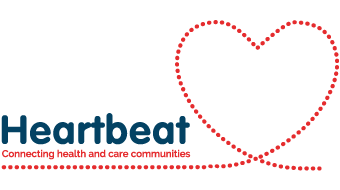Skills & Resources

Skills Workshops
1. Strengths Know Thyself
2. Winning The Mind Game
Exercise 1: Building Emotional Awareness Meditation Tool
Exercise 2: Acceptance Of Emotions Meditation Tool
3. Influence and Rapport
4. Managing and Resolving Conflict
Workshop Presentation

Resources
The ability to communicate information accurately, clearly and as intended, is a vital life skill and something that should not be overlooked. It’s never too late to work on your communication skills and by doing so, you may well find that you improve your quality of life. The first thing people usually think about when it comes to communications, is talking, but it’s way more than that, but we’re not saying talking isn’t important, because it is a fundamental part of relationship-building and knowledge-transfer.
What are Workplace Communication Skills?
There are many methods that we use to help us convey information to others in an effective way – we talk, we use silence, we use tools such as email, body language, tone of voice, and eye-contact—voluntarily and unconsciously.
Communication is a two-way process
Communication is not the same as broadcasting, or simply sending out information. It is a two-way process. In other words, it involves both the sending and receiving of information.
It therefore requires both speaking and listening, but also – and perhaps more crucially – developing a shared understanding of the information being transmitted and received.
If you are the ‘sender’ of information, this means communicating it clearly to start with (whether in writing or face-to-face), then asking questions to check your listeners’ understanding. You must also then listen to their replies, and if necessary, clarify further.
If you are the recipient, it means listening carefully to the information, then checking that you have understood by reflecting back, or asking questions to ensure that you both have the same understanding of the situation. It is, therefore an active process. There is nothing passive about communication, in either direction.
Developing Good Communication Skills
Good communication skills can improve the way that you operate through life, smoothing your way in your relationships with others.
Poor communication skills, on the other hand, can sour relationships from business to personal, and make your life significantly harder.
Some people seem to understand how to communicate without even trying. They are able to tailor their language, tone and message to their audience, and get their point across quickly and succinctly, in a way that is heard. They are also able to pick up the messages sent to them rapidly, understanding both what is said, and what has not been said. This may seem effortless, but the chances are that they have spent plenty of time honing their skills.
Along the way, they have probably also developed a good understanding of themselves (called self-awareness) and habits of reflecting on success and failure, and the actions that have led to one or the other.
The tools available on this website can help you develop the communications skills that will improve and enhance your working and wider life.
